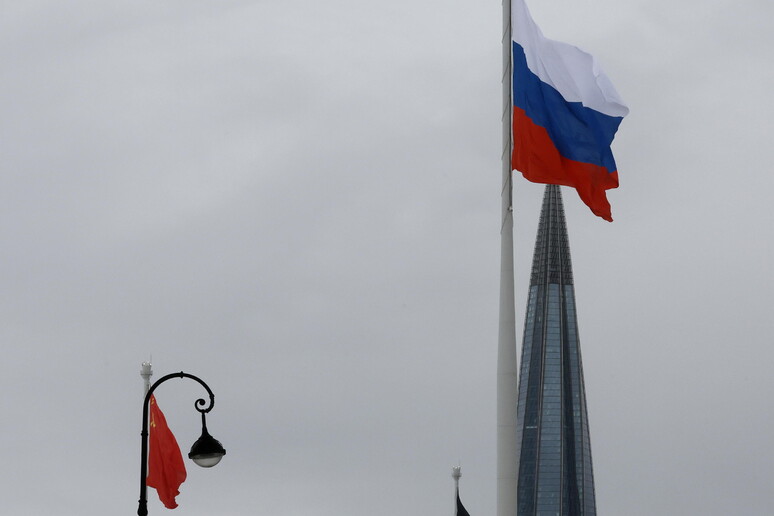According to the Financial Times,
Brussels is considering legal options that would allow European
companies to withdraw from long-term contracts for Russian gas
without incurring significant penalties from Moscow. According
to three officials familiar with the plan, the European
Commission is reviewing the contracts and considering declaring
force majeure to allow importers to withdraw from their
obligations without incurring additional costs.
The Centre for Energy and Clean Air Research reports that
between February 2024 and February 2025, the EU paid Russia 21.9
billion euros for oil and gas. Unlike Russian coal, gas is not
subject to an import ban, whereas the EU has banned 90% of
Moscow's oil imports. Russian gas imports have increased by
approximately 60% in the last three years, but total Russian gas
exports to the bloc have remained at their lowest level since
2022. The timetable, which was originally set for March, was
postponed in part due to concerns that any subsequent
legislation would be blocked by Hungary and Slovakia, which now
account for the majority of gas entering the EU.
ALL RIGHTS RESERVED © Copyright ANSA





